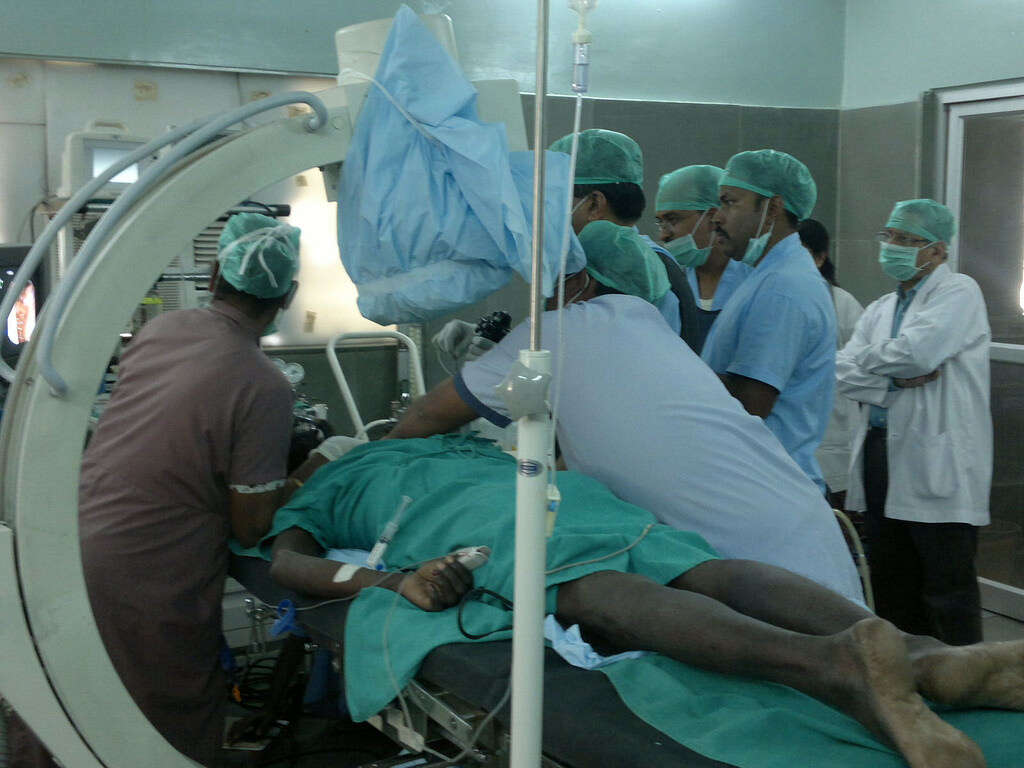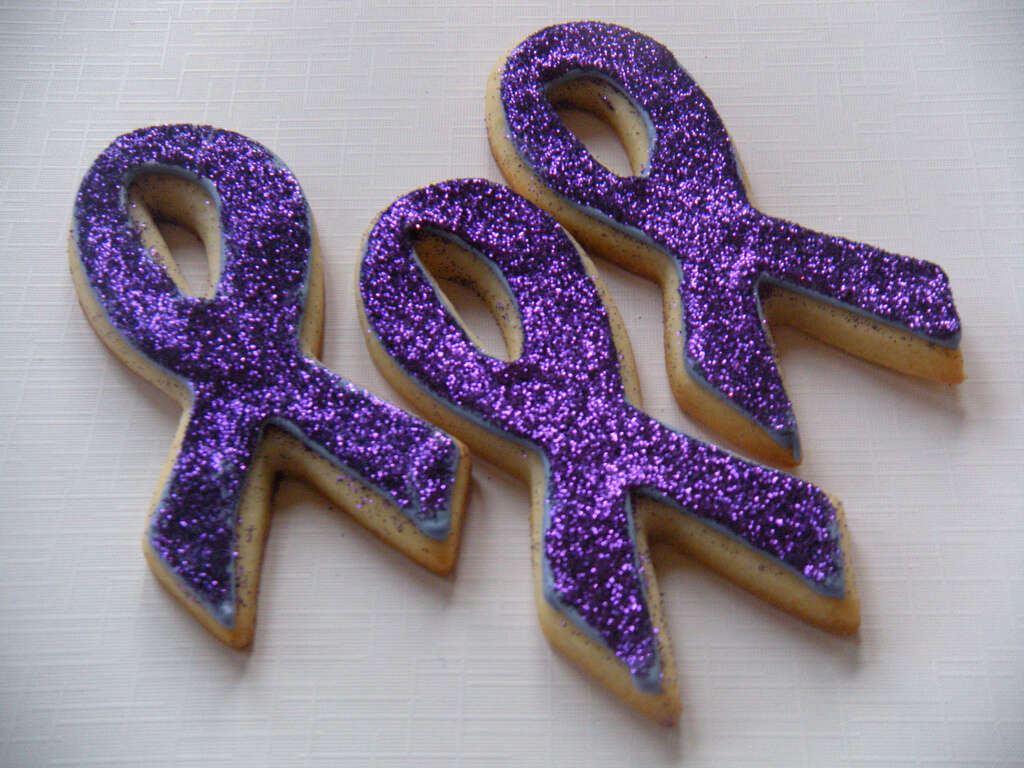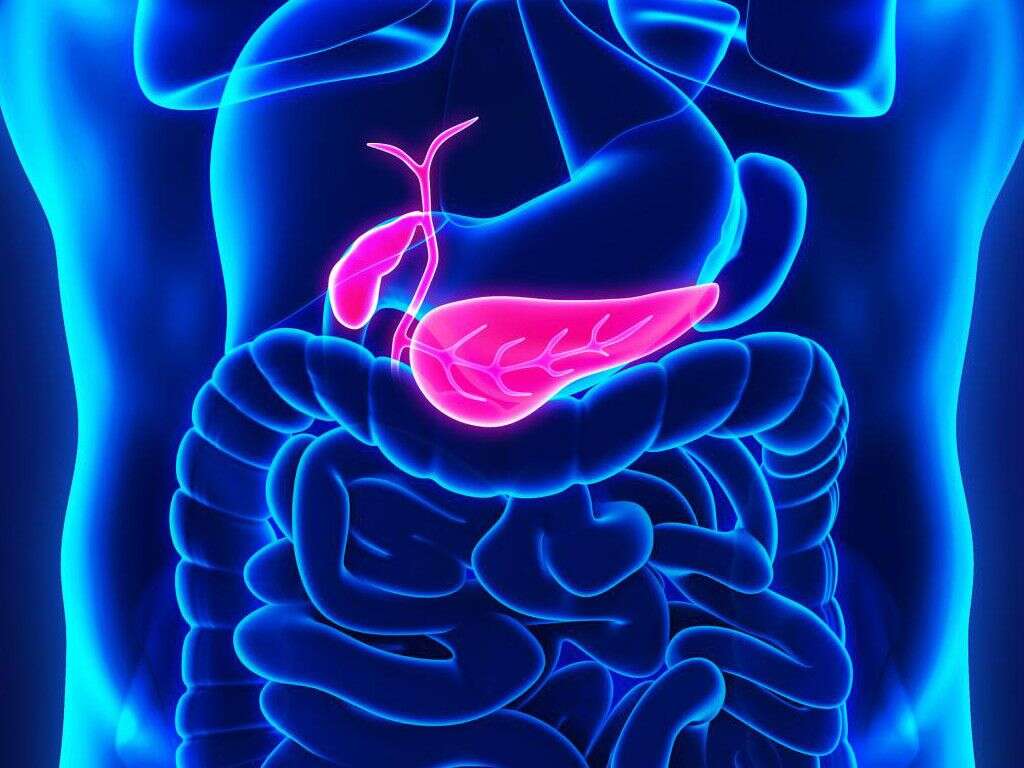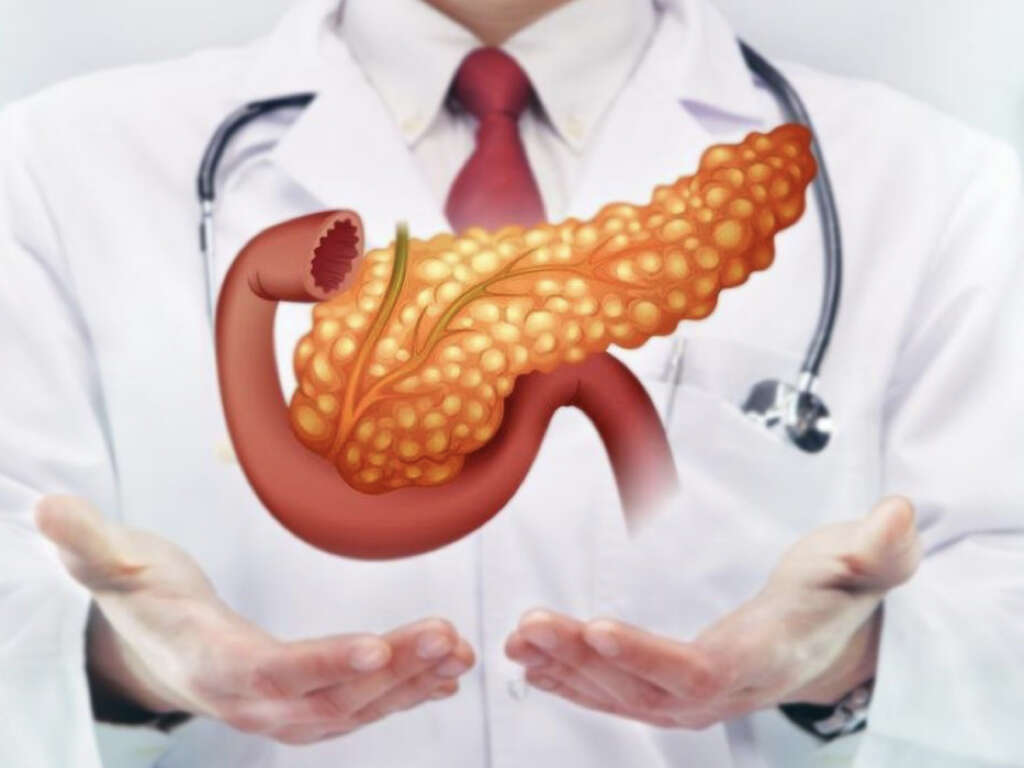10 Pancreatitis Causes
Pancreatitis is an inflammation of the pancreas. The pancreas is a gland situated behind the stomach in the upper part of the abdomen. Its main function is to secrete hormones and enzymes which help with food digestion as well as regulating the levels of sugar in the blood. The enzymes produced in the pancreas are released into the small intestines through the pancreatic duct, helping with food digestion. Insulin and glucagon are two hormones produced in the pancreas which are released into the bloodstream and regulate the blood sugar levels.
Pancreatitis can be either acute or chronic. Pancreatitis symptoms include upper abdominal pain, pain that radiates to the back, pain that tends to get worse after eating, nausea and vomiting, tenderness when touching the abdomen, fever, oily and smelly stools, unintended weight loss, etc. What are the common causes of pancreatitis? Let’s have a look!

Cause #1: Genetics
Hereditary pancreatitis is an autosomal dominant condition, related to the mutation of the cationic trypsinogen gene (PRSS1) which causes premature activation of trypsinogen to trypsin within the pancreas. Mutations in the SPINK1 protein can also play a role in the development of acute pancreatitis.
Hereditary pancreatitis is not a common cause of pancreatitis. It accounts for less than 1% of all the diagnosed pancreatitis, therefore, other causes should be eliminated first before thinking about this possibility.
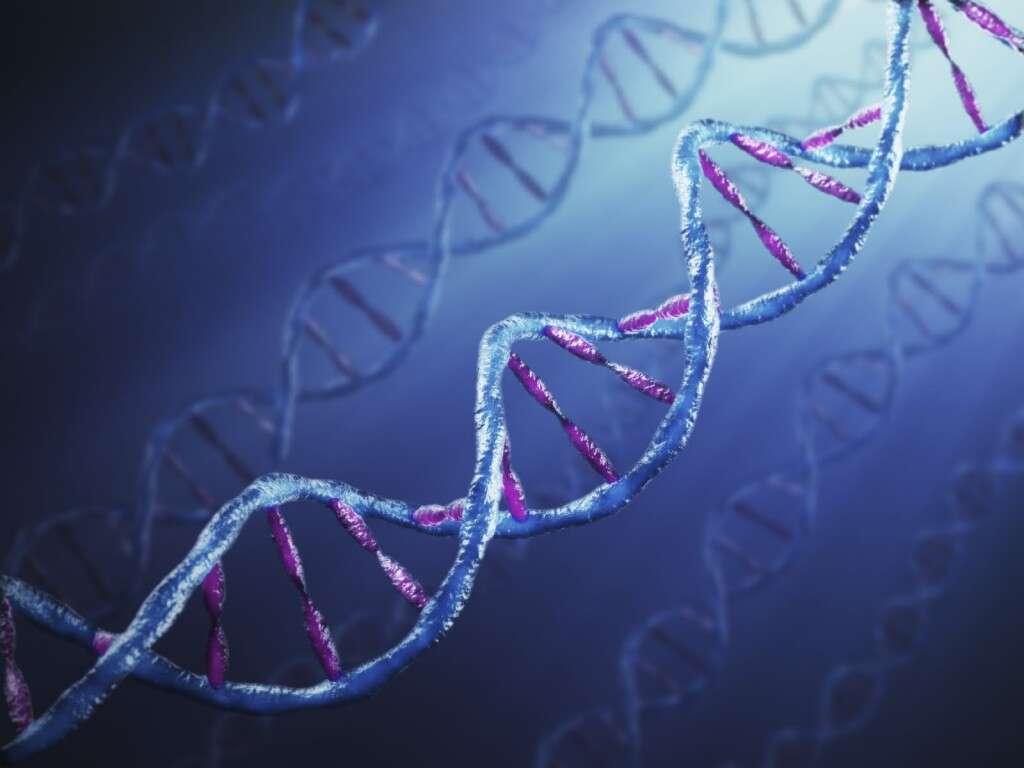
Cause #2: Alcohol
It is well known that alcohol consumption, either excessively or regularly, can lead to pancreatitis in addition to other negative effects on the human body. The exact mechanism how alcohol causes inflammation of the pancreas is not fully understood. According to one theory, alcohol causes pancreatic enzymes to start digesting inside the pancreas.
Ethanol leads to intracellular accumulation of digestive enzymes which are released and activated before they should. The permeability of the ductules is also increased, allowing the enzymes to reach the parenchyma and cause pancreatic damage. Binge drinking is also related to acute pancreatitis. When drinking alcohol make sure you drink plenty of water as well. Remember that all those alcoholic drinks in your 20’s can lead to pancreatitis later in life.

Cause #3: Gallstones
Gallstones are small stones that form in the gallbladder. Pancreatitis develops when these stones move from the gallbladder and block the opening of the pancreas. In cases where gallstones are causing pancreas inflammation, it is necessary to surgically remove the gallbladder as future gallstones can lead to recurrence of pancreatitis.
If pancreatitis reoccurs the pancreas continues to incur damage, leading to scar tissue which will alter the normal functioning of this important organ and increase the risk for pancreatic cancer.
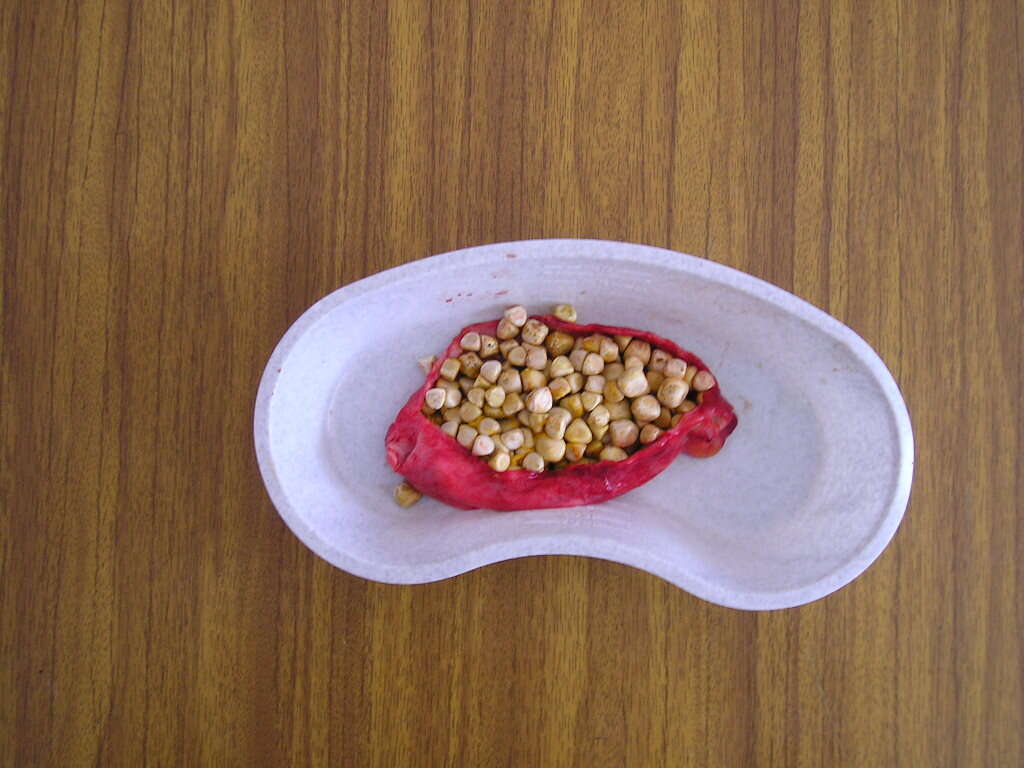
Cause #4: Medications
Medications provide benefits when used for the treatment of various medical conditions. However, medications have many side effects as well, including the development of pancreatitis. If you are a person that takes medications to treat a disease, and especially if you are taking a couple of pills each day, then you have an increased risk for pancreatitis. Medications which are commonly associated with pancreatitis include valproic acid, estrogen, sulphonamides, tetracycline, methyldopa, corticosteroids, etc.
You should avoid taking medications as much as possible, but if they are necessary make sure you take them just as your doctor prescribed them.
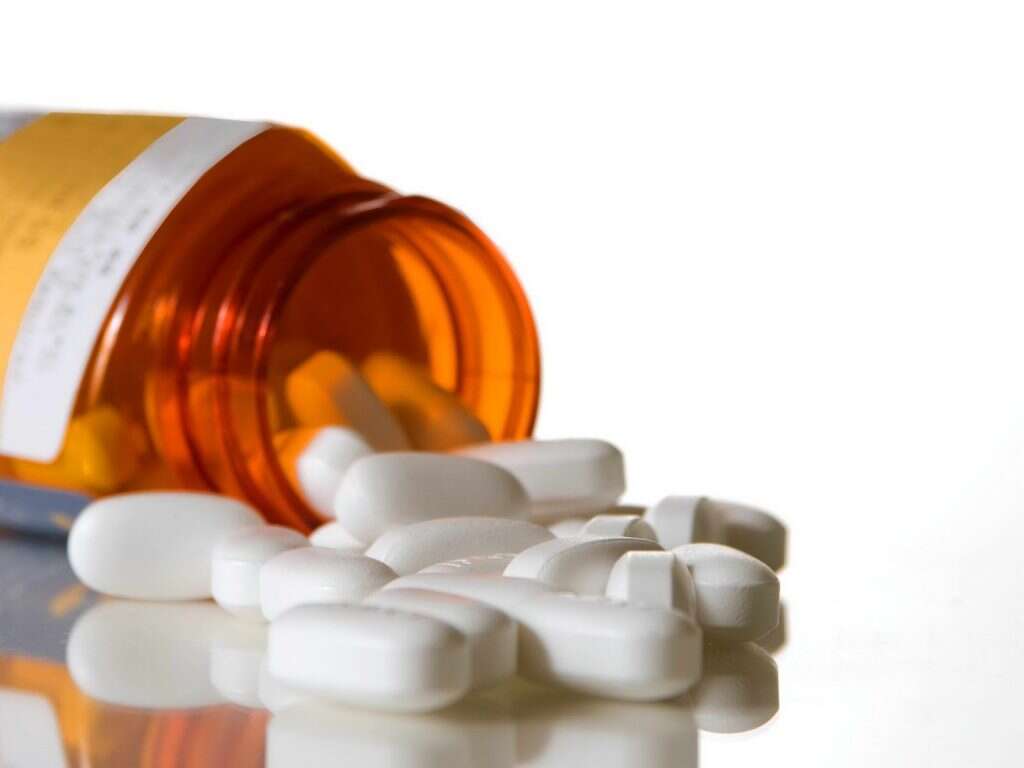
Cause #5: Surgery
Any previous surgeries, especially surgical procedures in the abdomen, can increase the risk of developing pancreatitis. In most cases, the result is acute pancreatitis. The exact mechanism why pancreatitis develops following a surgical procedure is not known.
This type of pancreatitis is often very difficult to diagnose and can often lead to various complications.

Cause #6: Hypercalcemia
Hypercalcemia is a condition characterized by high levels of calcium in the body.
It is an uncommon cause of acute pancreatitis and it may be associated with an overactive parathyroid gland, total parenteral nutrition, excessive doses of vitamin D, or familial hypocalciuric hypercalcemia.
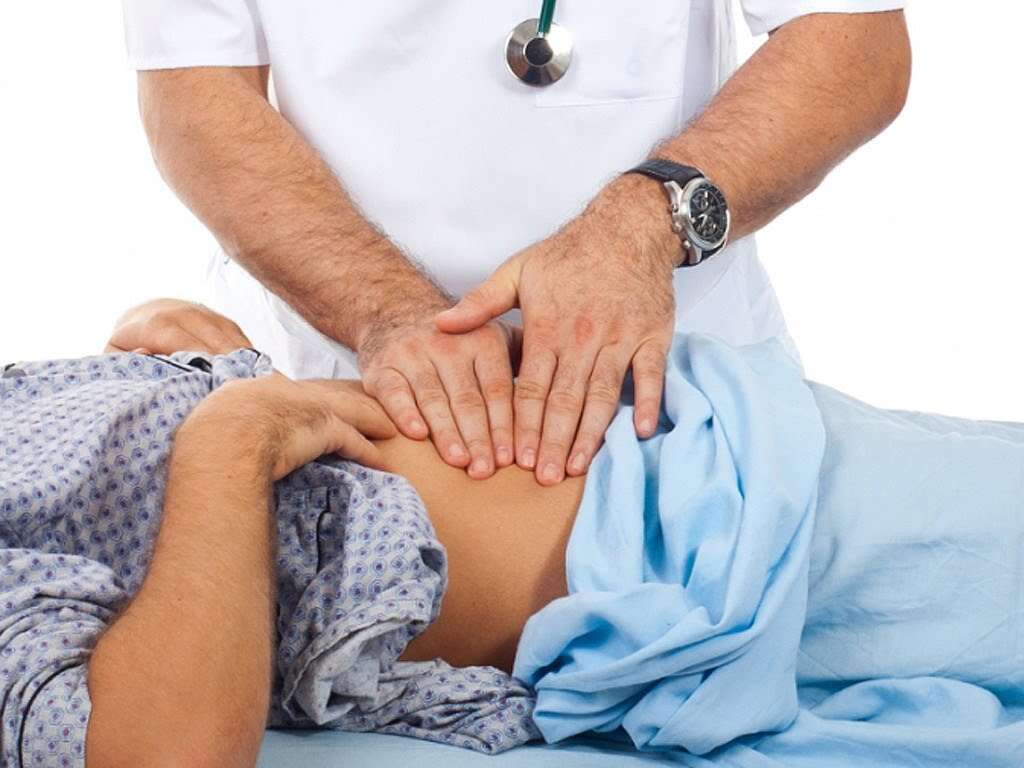
Cause #7: Infections
Many infectious diseases are known to cause pancreatitis. This is especially important in the more susceptible populations like children and immunocompromised patients.
Among the culprits we may find, Ascaris Lumbricoides, Cytomegalovirus, Epstein-Barr Virus, and Salmonella to name a few.

Cause #8: Autoimmune
This is a very rare cause of acute pancreatitis. It is fairly new and therefore, diagnosis is not always easy.
It usually affects people under 40 years of age and the exact mechanism of the disease is not well known.

Cause #9: Toxins
Exposure to certain toxins is a known cause of pancreatitis. The venom in some snakes and scorpions can cause acute pancreatitis to appear as a late complication.
Chemicals used as insecticides such as organophosphate are also known to cause pancreatitis.
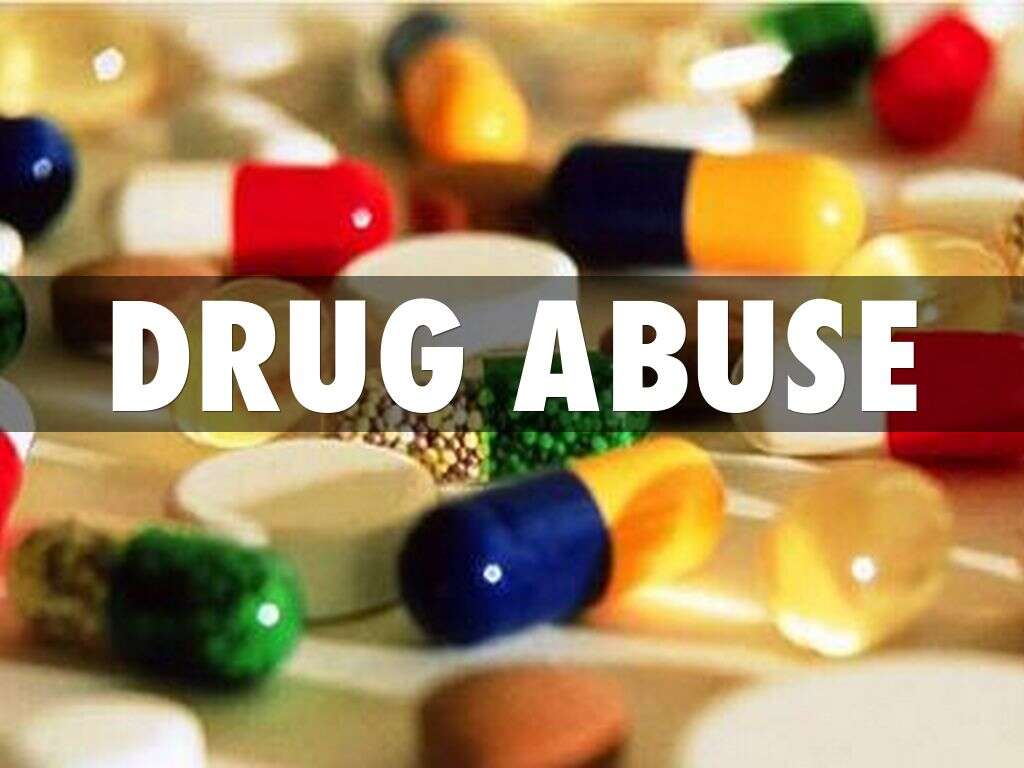
Cause #10: Endoscopic Retrograde Cholangiopancreatography
The risk of pancreatitis is increased following endoscopic retrograde cholangiopancreatography. This risk is higher if the procedure is performed by an inexperienced endoscopist if there is a dysfunction of the sphincter of Oddi, or when manometry is performed on this sphincter.
Rectal indomethacin and aggressive intravenous hydration before the procedure have been shown to reduce the incidence of pancreatitis following endoscopic retrograde cholangiopancreatography.
